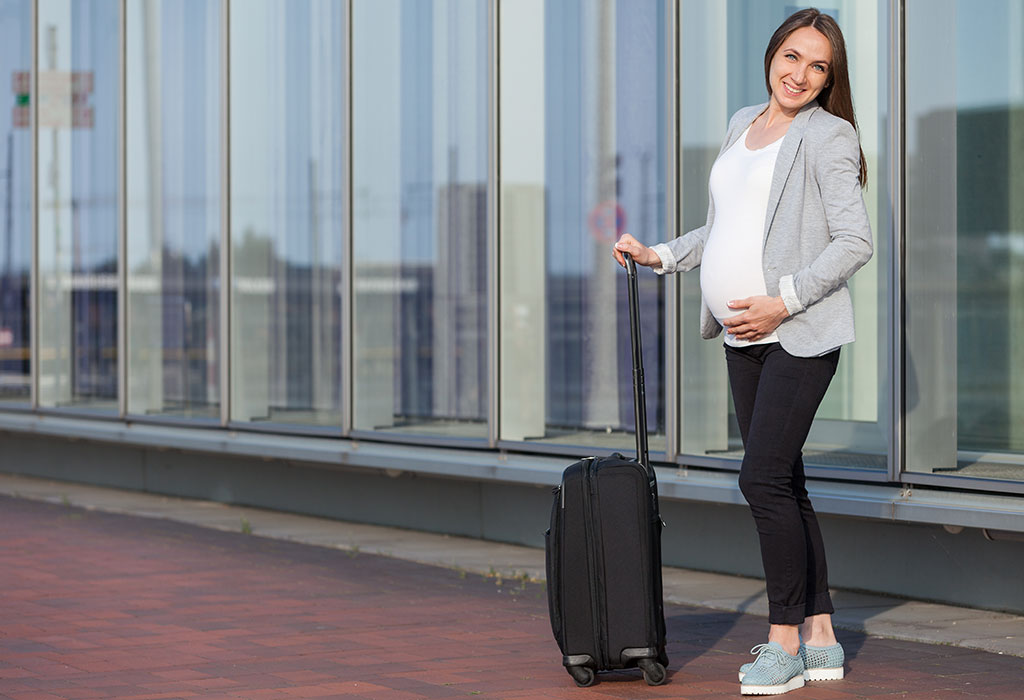
Traveling during pregnancy can have a number of consequences for both you and your baby. The main concern is the potential for traveling to areas with high levels of infectious disease, as this can pose a serious risk to your unborn child. Infectious diseases such as rubella, toxoplasmosis, and malaria are major causes of birth defects and even death in pregnant women, so it’s important to be vigilant about preventing them while traveling. There are also other risks to consider when planning your trip: air travel can be very hard on the body, and staying in overcrowded or unsanitary conditions can increase your risk of developing infections. If you have any concerns about traveling while pregnant, speak with your doctor or health care provider before making any decisions. It is important to always wear your seatbelt while traveling, even when you are pregnant. Wearing your seatbelt across your lap can help minimize the impact on your baby’s spine. When you are pregnant, your center of gravity changes and can cause you to fall more easily if you were to be thrown from your seat in an accident.
what to avoid when you’re pregnant? Wearing your seatbelt when you’re pregnant can help protect both you and your baby in the event of a car accident. In fact, the American Academy of Pediatrics (AAP) recommends that all pregnant women wear their seatbelts every time they get in a car, even if they’re only going around the block. Here are some reasons why: Seat Belts reduce the risk of serious injury in a car accident. According to the Centers for Disease Control and Prevention (CDC), wearing a seatbelt reduces your risk of dying in a car accident by 50%. Wearing your seatbelt also reduces the risk of having a child born with serious birth defects, such as cerebral palsy or spina bifida. Seat belts keep babies safe in rear-facing seats. Babies who are properly restrained in rear-facing seats (with their legs hanging over the edge of the seat and their arms stretched out straight) are less likely to be injured in a car accident than babies who are.
Stretch and Move Your Legs Regularly While Seated

Regular exercise during pregnancy helps to keep your baby’s heart and lungs healthy. When you are pregnant, it is important to be as active as possible. This can help to improve the blood flow to your baby and reduce the risk of preterm labor. You should aim to take at least 150 minutes of moderate exercise each week throughout your pregnancy. This includes 30 minutes of aerobic activity, such as walking or biking, as well as 75 minutes of muscle-strengthening activity, such as weightlifting or yoga. To maximize your workout while pregnant, try to move your legs regularly while seated. This can help to increase the intensity and duration of your workout.
Drink Plenty of Water to Stay Hydrated

Drinking plenty of water is one of the best ways to stay hydrated while traveling, especially during hot weather. Proper hydration can help prevent dehydration and help your body maintain normal bodily functions. In addition, staying properly hydrated can help reduce the risk of nausea, vomiting, and other stomach problems. Additionally, staying well-hydrated can also help reduce the risk of contracting a water-borne illness while traveling.